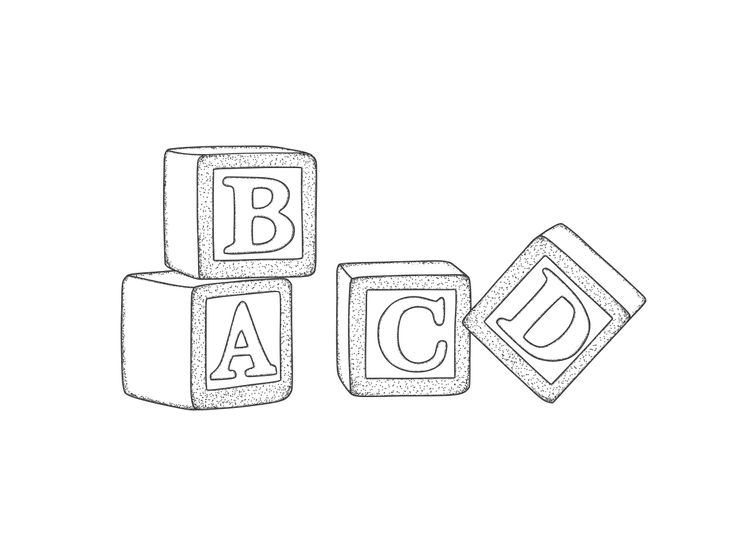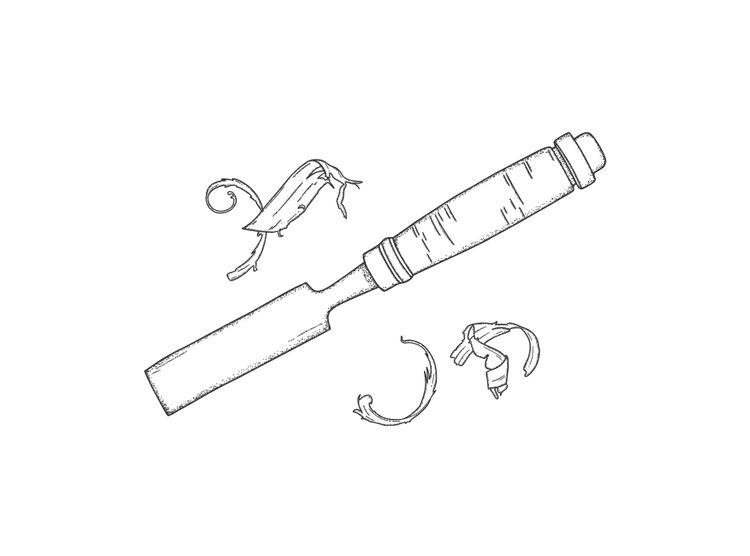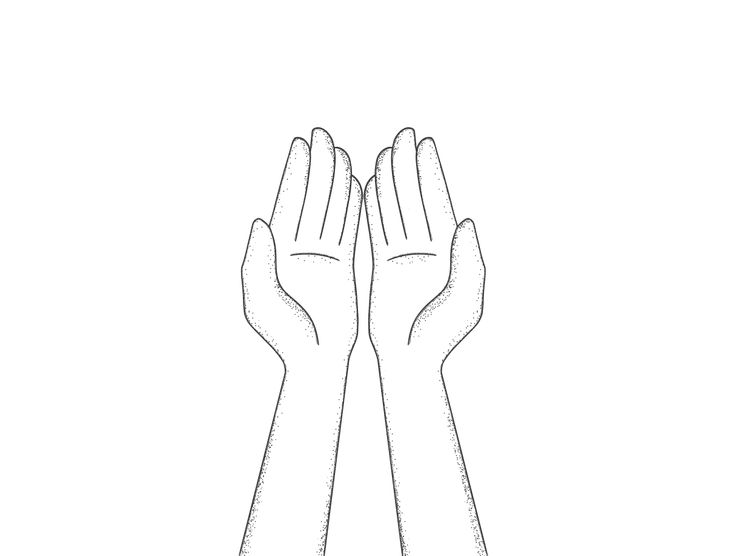Confidence

Where do we find confidence—to embrace a bold challenge, to take on a new role, to weather a difficulty, to learn something new? How do we find the belief in ourselves to persevere through setbacks and hardships? How do we recover our confidence when we lose it in insecurity and doubt?
Confidence comes from knowing ourselves—the talents we can use, the experience we can draw on, the energy we can summon, the resourcefulness we can find, the curiosity we can access, the creativity we can apply, the composure we can bring, the weight we can carry, the pain we can endure.
Confidence comes from trusting ourselves—what we are good at, and what we are not; what we know, and what we still need to learn. We find it in the encouragement of others, in celebrating success, in humility, in learning from people who have mastered what we want to achieve.
We find confidence by quieting our childish minds, whose chatter distracts and discourages us from our course. We find confidence in the strength and stillness of our bodies, and in the wisdom of our souls.
The psychologist Albert Bandura describes self-efficacy as "the belief in one’s capabilities to organize and execute the courses of action required to manage prospective situations." According to Bandura, people with a strong sense of self-efficacy develop a deeper interest in their activities and a stronger sense of commitment to them, recover more quickly from setbacks, and view challenges as tasks to be mastered. People with a weak sense of self-efficacy, on the other hand, avoid challenging tasks, believe that difficult tasks are beyond their capabilities, focus on personal failings, and lose confidence in their abilities.
According to Bandura, the most powerful way to develop self-efficacy is by performing a task successfully. (Failure has the opposite effect.) We can also develop stronger self-efficacy by observing other people successfully completing a task (the effect is more powerful if we judge the person we are observing to be similar to ourselves), through positive feedback from others, and by managing our own negative self talk.
Casting about for something to commit myself to in January, I picked up a copy of the Wim Hof Method. It had been sitting on my bedside table for about half a year, gathering dust. Something about the book's cover had been discouraging me—a photo of the 64-year-old author with his beard and head covered in ice and snow. Wim is known colloquially as the ice man, and proselytizes the restorative powers of exposure to cold.
I was a skeptic. I guess I thought he was a showboat—someone who sought the limelight by performing spectacularly dangerous stunts, like sitting in an ice bath for two hours, running a marathon in the arctic circle barefoot in the snow, or summitting Mount Kilimanjaro in a little over a day. It turns out that Wim is the real deal. He is a true Boddhisatva—an enlightened being. He just feels compelled to follow his true nature and his calling, and get his message out there to as many people as he can.
What message? For sure, that we can use Wim's method (ice baths, breathing and meditation) to prevent or reverse many modern ailments and diseases. Medical researchers have now demonstrated this through legitimate studies. But there is a bigger goal here. Wim wants us to be everything we are capable of being. He wants us to have everything we want for ourselves, however outlandish and unrealistic our dreams may seem to us. All we need, it seems, is confidence, and Wim's method will help us find it.
About four days into my 20-day cold shower challenge, a lightbulb went off. When I turn the hot tap off, the water temperature drops precipitously, from 84F to 42F. The total body shock makes me gasp. I develop a desperate need to make it stop. Then I steady my mind and remind myself of Wim's advice: "Breathe, motherfucker!" So I breathe. After about five seconds, it becomes less intolerable. Cold showers build self-efficacy. They boost your confidence in what you are capable of.
I love Wim's "basic mindset" exercise. Use it to build your confidence before attempting something that is challenging or difficult for you, like speaking in front of a crowd (if you find that hard), or preparing for your annual performance review. (I don't even want to think about that one.)
Find somewhere quiet, close your eyes and start breathing.
Deeply in, letting go.
Deeply in, letting go.
Peacefully following the breath.
Deeply in, letting go.
Deeply in, letting go.
As you calm yourself, visualize what it is that you want or need to do. Set your intention. Tell yourself what you expect yourself to do. Begin to scan your body and notice any resistance to your intention. Remain calm and keep breathing until the sense of resistance fades and you feel a sense of trust, centered energy and alignment. Give power to that feeling with your breath and go and do what you intend to do.
We all suffer from some form of negative self talk—internal voices or feelings that let us know we are not good enough, we are not worthy, we will not succeed, we are not capable, we lack talent, we are weak. For some of us, these voices are relatively subdued. For others, they can be loud, savage and overwhelming. The louder the voice, the more difficult it is to manage it.
We cannot rid ourselves of our inner judge. But we can turn the volume down. Try this. Practice noticing when it is present. Is it a voice? What is the tone? What does it say? When does it appear? At what time of day? In what situations? Is it a feeling in your body? Where? What kind of feeling? Practice every day for a week. Set your intention to notice your judge every morning. At night, spend five minutes reflecting on the day. What did you notice? What did you miss?
As you get into the habit of becoming your own observer, you will also notice that your experience of the inner judge begins to change. You will find that you are no longer so caught up in the negative energy of the moment, or reacting so automatically to the beatings and bullying. You will become more detached, more capable of looking at yourself objectively, more able to develop a separate perspective.
If you begin to notice a difference, keep going! As you get better at your practice, begin to develop a relationship with your judge. Try not to judge it—you are just summoning more judgment. Do not try to get rid of it, either. That will backfire too. Approach it gently, like the errant child it is. Hold yourself with kind and loving hands. Smile indulgently at yourself. Let it come, let it be, let it go.
Each week I explore a life metaphor that has touched me in my coaching. Subscribe to get my scribblings every Sunday morning. You can also follow me on Medium, or on LinkedIn. Feel free to forward this to a friend, colleague, or loved one, or anyone you think might benefit from reading it.





